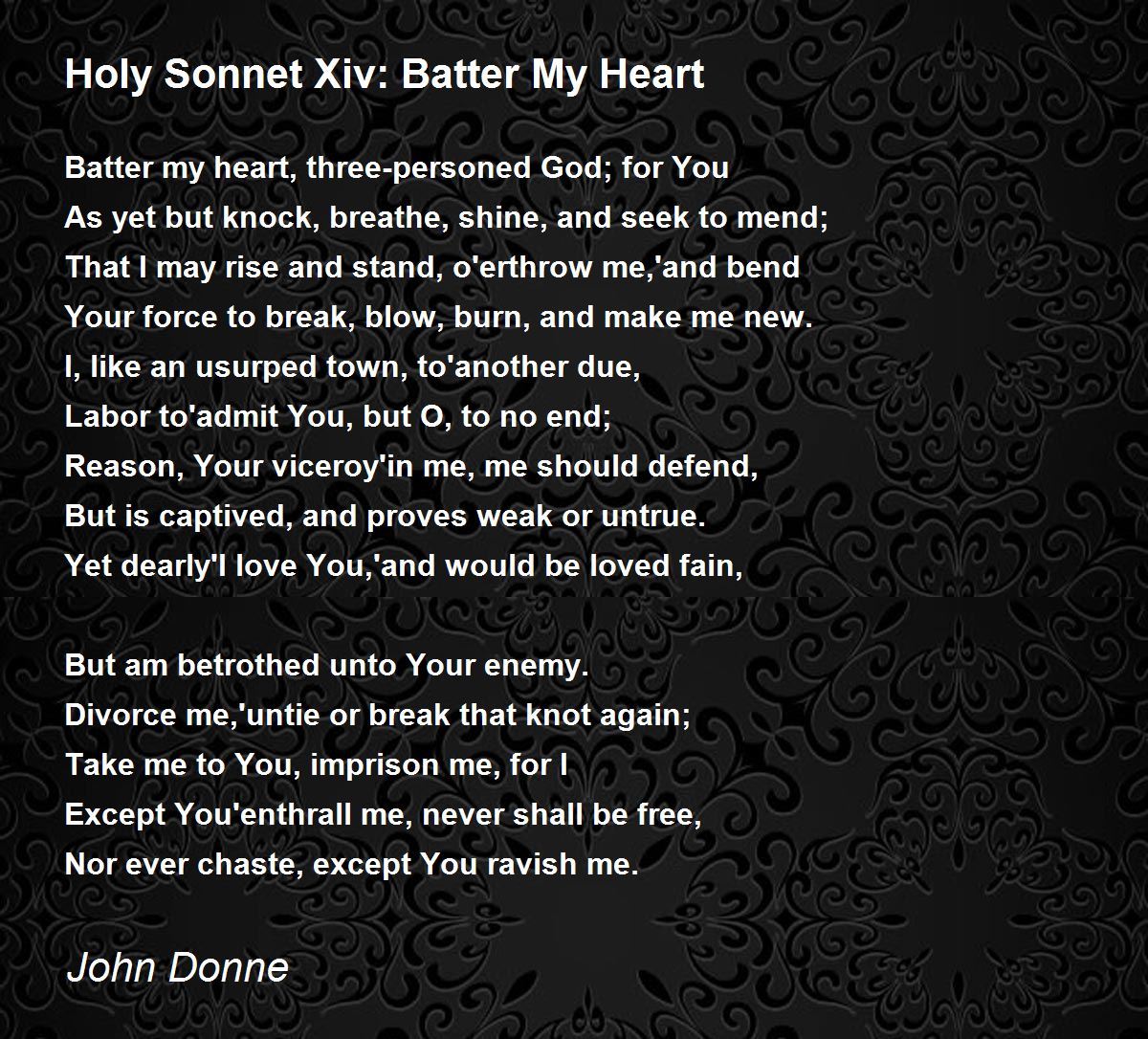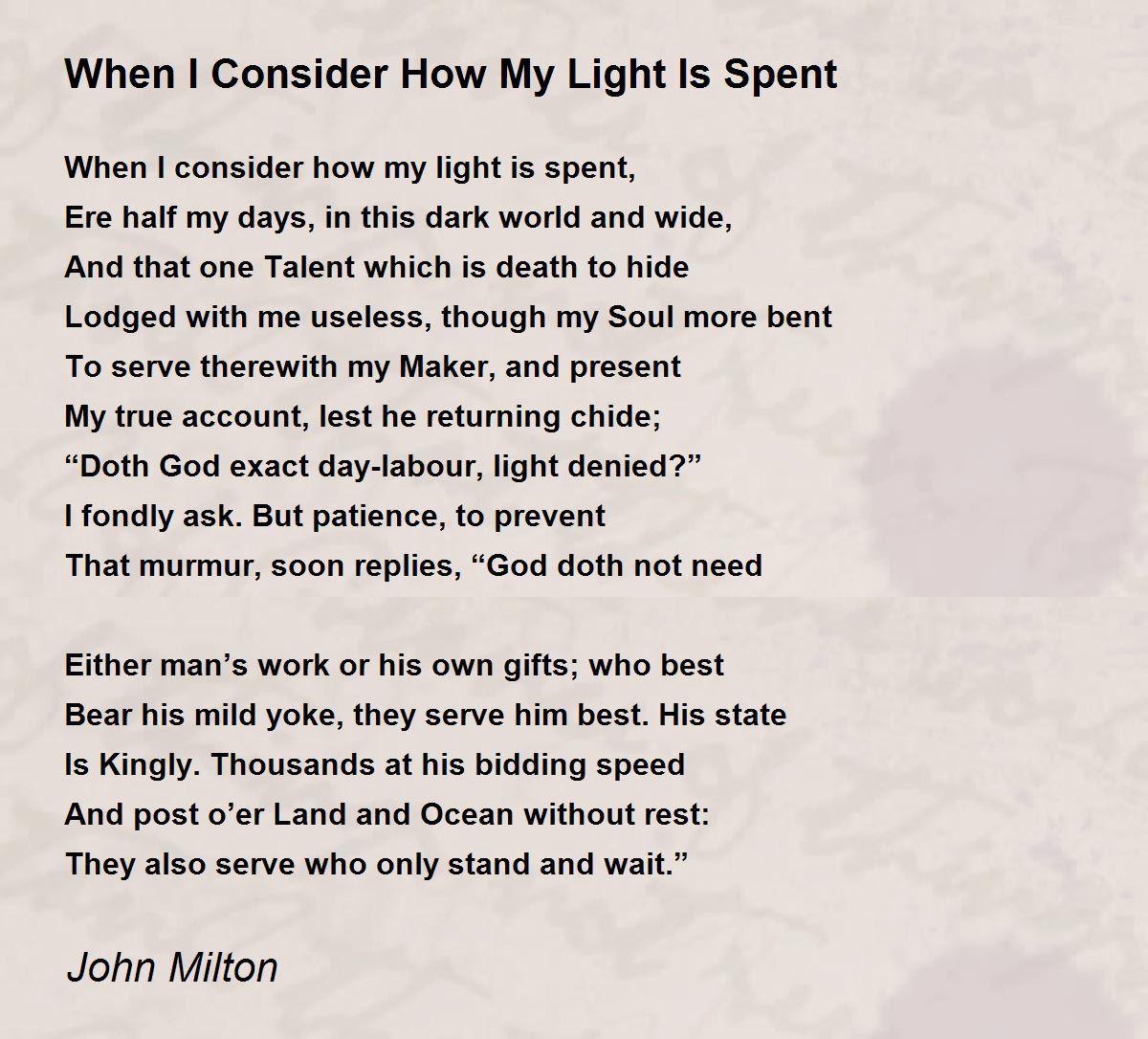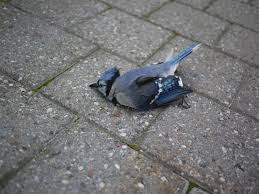We have read Emily Dickinson's
Because I could not stop for Death twice now. Both times I was reminded of Marcus Zusak's
The Book Thief, but each time for different reasons.
After the first read, I noticed the treatment of Death as a character. Rather than fear or hate Death, Dickinson treated him as an inevitability that should be embraced. In a way, he is even treated as a friend to go on a fun road trip with. In
The Book Thief, Death is the narrator. His insights into the nature of humanity are often profound, with a considerable amount of empathy. I wonder what Death in Dickinson's poem might say about the wanderings he partakes in.
On my second reading, I was called more to the structure of the poem. Dickinson's infamous dashes and rhythm starkly contrast the perhaps grim concept of death by treating the experience as an equal exchange between the narrator (presumably Dickinson) and the great and terrible force of nature, Death. It's in a way very empowering.
I'm sure that upon further readings in the future, more and more intricacies of the poem will reveal themselves to me, which makes me consider going back to reread other favorites of mine.






